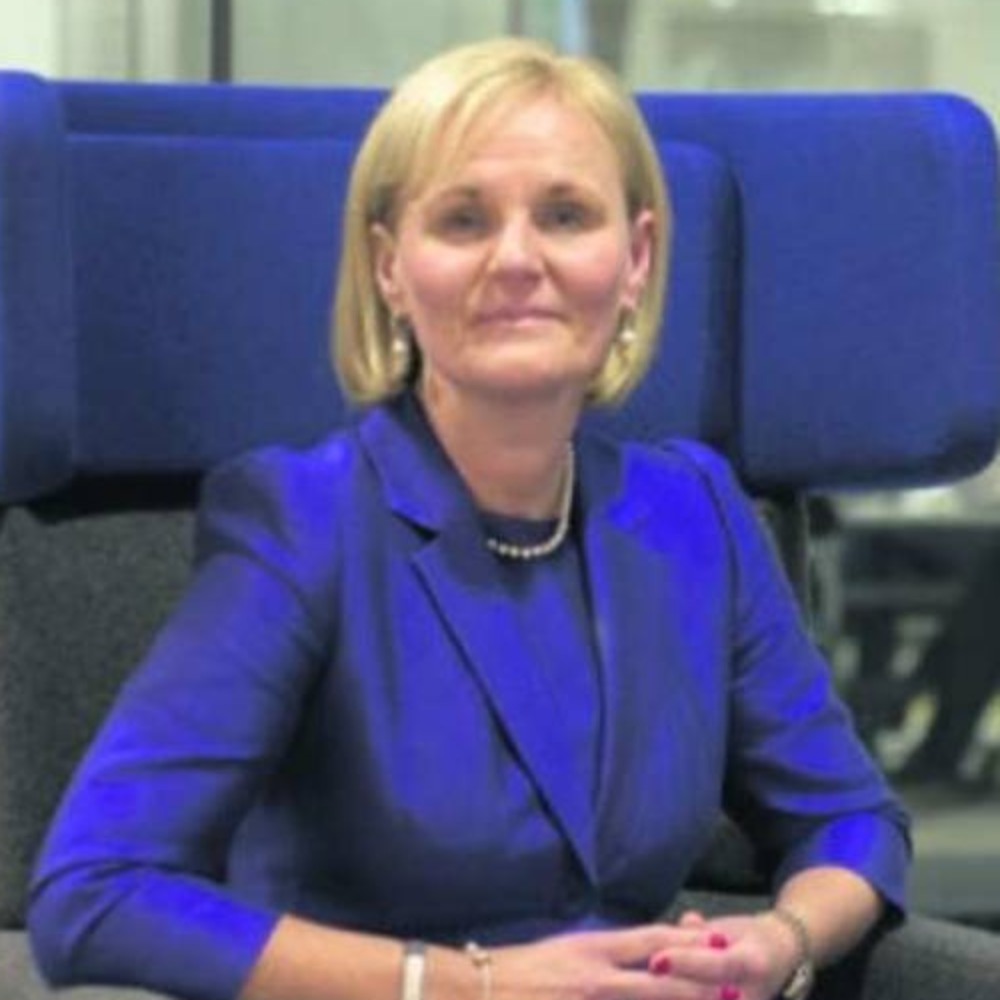- AXA research reveals that nuisance communications are still a problem for over half of consumers polled, despite changes in government rules
- More than half (52%) of UK adults said they would support the substitution of medical rehabilitation in place of cash damages for whiplash injuries
- A quarter (23%) feel actively stressed by calls from Claims Management Companies (CMCs), and 44% are concerned about how their details have been obtained
- Two thirds (64%) of consumers would support the introduction of a cap on how much CMCs can charge consumers, with a cap of 6 – 10% being favoured
The third annual report by AXA into claims management companies (CMCs) reveals that regulatory reforms designed to curb the excesses of the CMC industry have had little impact on the volume of communications people receive. The report, ‘Claims Management Companies: Feeling the force of regulatory change‘, found that a fifth (19%) of consumers said they had received an unsolicited call in the last 24 hours. Despite being down seven per cent from last year, this is still alarmingly high. Asked what could be done to curb the activity of CMCs, 52% of UK adults polled said they would support the substitution of medical rehabilitation in place of cash to victims of whiplash or a workplace injury to help in their recovery. This suggests that the public believe medical rehabilitation would reduce the incentive for CMCs to submit false or exaggerated claims.
Moreover, when asked how much time people should be allowed before they are no longer eligible to file a claim, two thirds (66%) agree that a time limit is necessary and within one year was the marginal preference.

This report clearly highlights that despite the firmer stance being taken by Government and regulators, CMCs continue to bombard consumers with communications. The Chancellor George Osborne has acknowledged the enduring problem posed by CMCs and the UK’s compensation culture and has kept his promise of “fundamental review” of CMCs regulation in the Budget Statement, by accepting all of the recommendations in Carol Brady’s Independent review of claims management regulation. The Ministry of Justice has taken a strong position with a new consultation seeking views on proposals to place restrictions on the level of fees that regulated CMCs can charge consumers. Disappointingly though, frustration and stress caused by CMCs is the theme for the third year running. A clear majority (68%) still feel CMCs invade their privacy with unwanted communications. This is still unacceptably high and highlights the fact that despite the commitment of Government, more pressure needs to be brought to bear to rein in the excesses of CMC behaviour which brings misery to thousands.
Key regulatory changes should include a one-year time limit to file a claim, mandatory caller line identification and a ban on automated voicemail messages. A fee cap is also clearly supported by the public and we propose a maximum fee of 10% that CMCs are able to levy on customers, lower than the 15% proposed by the Ministry of Justice. We believe that this package of reforms would significantly disincentivise fraudulent behaviour.
The favoured methods that CMCs use to contact people have remained largely the same. A telephone call is still the most common way for CMCs to contact consumers – it has in fact increased slightly from last year, up from 71% to 74%. The number of email and text communications decreased somewhat – texts fell to 45% (48% in 2014), and 42% (49% in 2014) of respondents received unsolicited emails. Contact via social media achieved an incremental climb from six per cent to seven per cent. AXA anticipates that as the younger more digitally literate generation mature this may increase more sharply.
The activities of CMCs have remained alarmingly persistent and not surprisingly consumer attitudes remain overwhelmingly negative. There is a common perception that little can be done as an individual to stop such contact. This third survey conducted by AXA uses many of the same questions as the previous two surveys, but this time it has focused on how the public feels about the various government and authority actions recently introduced. It is evident that there is strong support for the regulatory measures recommended in this report and that the government still has a long way to go in curbing the worst aspects of CMC activity.
In its report, AXA recommends the following measures:
- Notwithstanding the fact that the MoJ is currently consulting on whether a fee cap of 15% should be introduced, AXA proposes a cap of 10% on the percentage fee that CMCs are able to levy on customers who have successfully claimed. Would-be claimants should have a window of one year to file a claim before the opportunity to claim expires.
- Mandatory caller line identification should be introduced forthwith.
- In order to reduce consumer distress and increase transparency, AXA would support a ban on automated voicemail calls. The use of automated voicemail messages - prevalent in the CMC industry - provides no opportunity for the consumer to exert control and opt out. This would help to tackle the opacity of CMCs and make reporting easier for consumers to the ICO and Ofcom.
- Government should consider the business hours within which CMCs are able to operate in order to protect consumers from potential invasive telephone calls in the early morning or evening. AXA would welcome further Government consultation in this area.
- The Government should press ahead with the plans announced in the Autumn Statement to remove the right to general damages for minor soft tissue injuries and instead implement a system where medical rehabilitation is offered by insurers.
- The Government should consider allowing consumers the right to actively opt-in to give their consent to be contacted by CMCs. We would recommend the Government consult on how best to achieve this.
